Chinese ambassador Sun Haiyan: Why not think about China in this way?
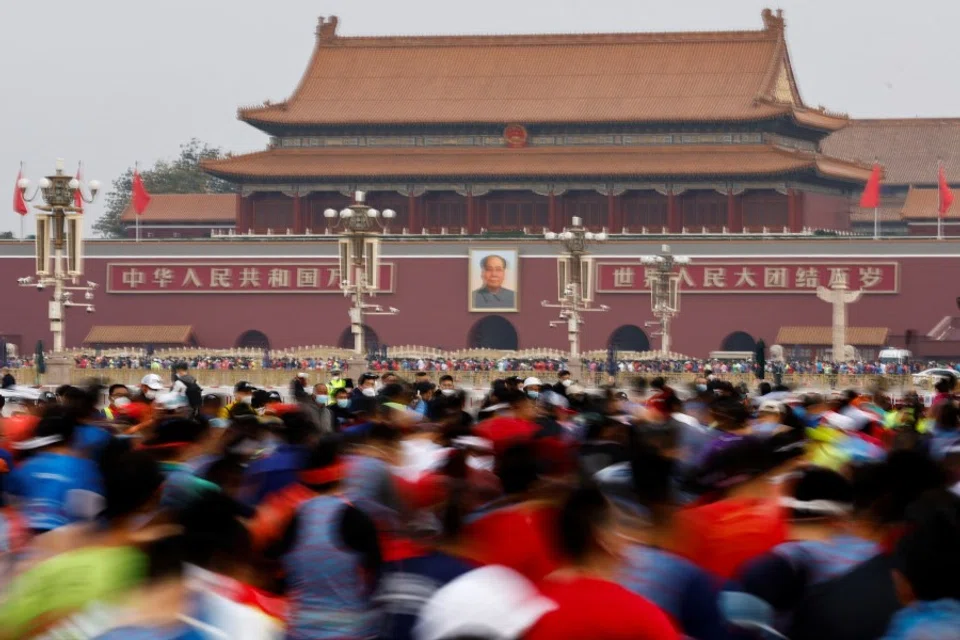
I read "What to Think About When You Think About China Under Covid" (《教我如何思考她》) by Lee Huay Leng, editor-in-chief of SPH Chinese Media Group, published on 12 November in Zaobao, all in one go. Written with her usual sophistication and depth of thought, the article's words and sentences were imbued with her familiarity and warmth towards China. Even the title made one smile - it was probably inspired by the title of the poem How Can I Not Miss Her (《教我如何不想她》) by Liu Bannong, or Liu Fu.
The article is not a long one, but it touches on a huge topic. A diverse country with a vast population, an evolving virus and pandemic, constant adjustments to policy, individual experiences... All this gave the views and questions in the article a quality of contradiction and struggle. How could it not be contradictory? The collective versus the individual, diversity versus uniformity, the long-term versus the now, certainty versus uncertainty - these are all contradictions. To bring these contradictions together and make a judgement call and come up with policies - who would not struggle? Writing a text would involve struggling with expression and selection while policymaking involves the health and safety of hundreds of millions of people. How much thinking and consideration would go into that?
This also reminds me of Chinese President Xi Jinping saying that he could not sleep the night before deciding on the Wuhan lockdown.
Hard decisions
I am reminded of Singapore Prime Minister Lee Hsien Loong's National Day Rally (NDR) in which he addressed the various communities in three languages with different focuses. One felt challenged and fatigued on his behalf, seeing him put in that level of detail, attentiveness, and patience in his speeches. And just yesterday, I saw Brazil's former president and now President-elect Lula cry on the news because half of the 200 million people in Brazil do not have three square meals, while the stock market fell when Lula said he would focus on poverty alleviation, because capitalists are not interested. On one side are the suffering masses, while on the other are empty national coffers. How is President Lula to make a choice and move forward?
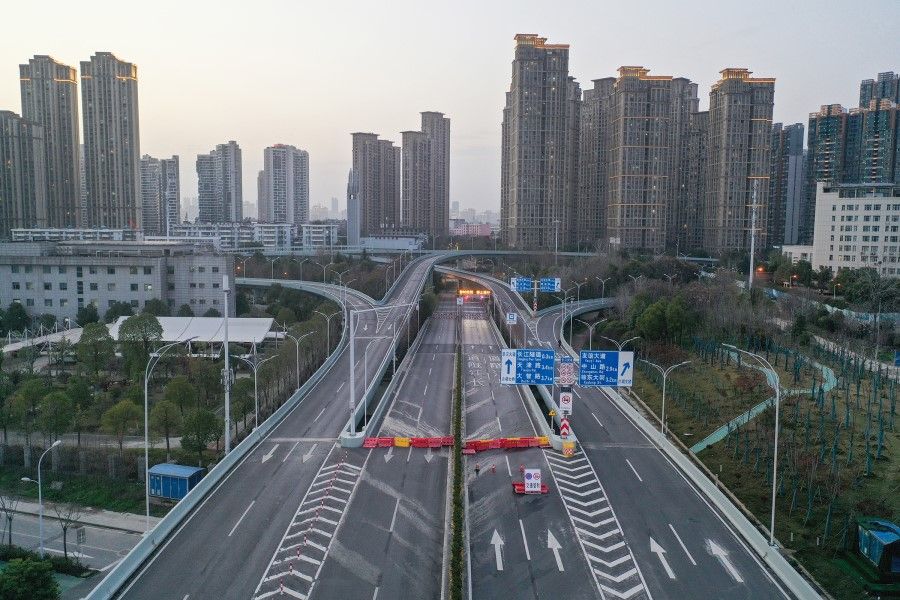
This also reminds me of Chinese President Xi Jinping saying that he could not sleep the night before deciding on the Wuhan lockdown. In his position, how could he sleep? It was not clear how deadly and transmissible the virus was. If this city of over 10 million people was locked down, how would their daily lives and healthcare be managed? But if it was not locked down, given that it was the peak travel period for Chinese New Year, how would the safety of the other nearly 1.4 billion people be assured?
Even with figures from all sources on the table and repeated meetings and discussions at various levels, the final decision rested on the shoulders of one person. There was no time to think about it for a few more days, because with each day, tens of thousands of people would be moving around. Looking back now, one cannot overstate the amount of courage and the level of the grasp of the situation needed to make such a decision of historical significance. But does anyone still think about or mention the deafening lack of understanding, support and acceptance? Does the world remember or give gratitude for the difficulties and suffering that each individual went through during the lockdown? Against the greater context of 10 million, 1.4 billion, or 7 billion people, how do we measure and assess individual gain and loss?
Any mature policy needs to consider the collective and individual, diversity and uniformity, the current time and the long term. As stakeholders of policies, should this not be the case?
This is fresh history; this is the complex reality. This is the difficult choice that policymakers have to face every day. The greater difficulty is, even when a decision is correct at the time, when is the right time to move on? When is it neither too soon nor too late to make adjustments? When a decision involving a few million people is applied to over 1 billion people, how much more complicated does it get? Even when a policy is in the right direction and timed correctly, at each level and area of implementation, how do we determine the suitability for each place and the amount of focus, and how fast to go? And how many misunderstandings, poor implementation, and individual differences would there be in the process?
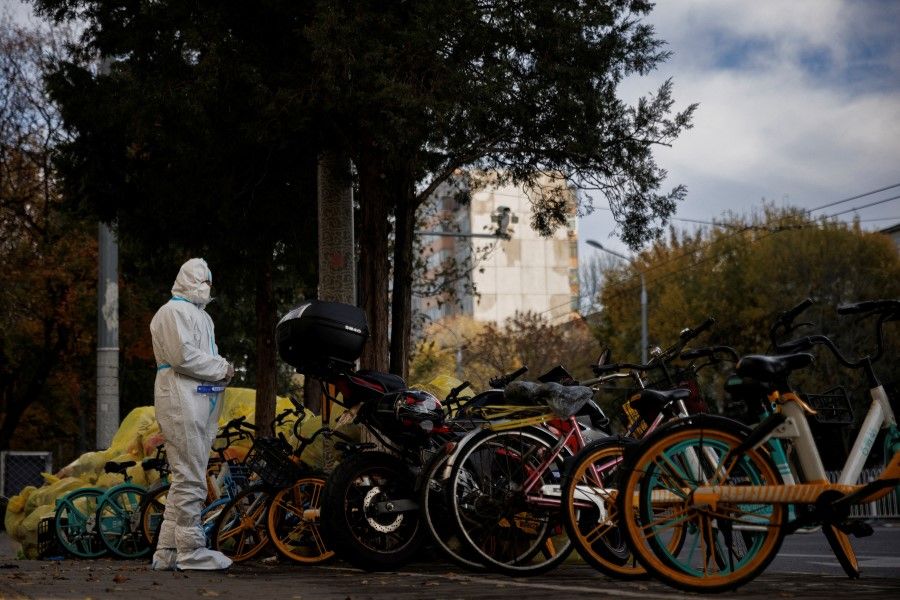
The article asked: "Will personal dignity and feelings be remembered? And how should they be remembered?" Yes - ourselves and our friends, those on the coast and in western China, those who go overseas short-term for work and who live overseas long-term, young elites and the elderly and weak - should all this be remembered, and how? Any mature policy needs to consider the collective and individual, diversity and uniformity, the current time and the long term. As stakeholders of policies, should this not be the case?
Advancing at a pace neither too fast nor too slow
In terms of epidemic prevention and control, each step that such a massive China takes will always be multifaceted, complex and challenging. Take "common prosperity" for example. Everyone knows that this is necessary for long-term development, peace and stability. But who knows how it can be advanced such that the rich will not be suppressed and the poor can be effectively supported? How can we ensure that the development of the eastern region will not be slowed while hastening the development of the western region? How can social policy tools be effectively utilised while guaranteeing the proper and full operation of the market mechanism? Singapore has done well in this aspect and is also striving to renew the social compact and solve emerging inequalities. Perhaps a country like China, which only has a per capita GDP of US$12,500 or so and unequal urban-rural development needs to advance steadily at a pace that is neither too fast nor too slow.
No one in any country can provide China with ready-made experiences and no one can guarantee that any decision made will be correct now and in the future.
Take the "Chinese path to modernisation" as another example. Singapore has carved out a successful modernisation path that is unlike that of the West and with its own characteristics, providing China with many valuable experiences. But these experiences need to be redesigned and adjusted before they can be used in a country with a population of 1.4 billion and that has unique national and social conditions.
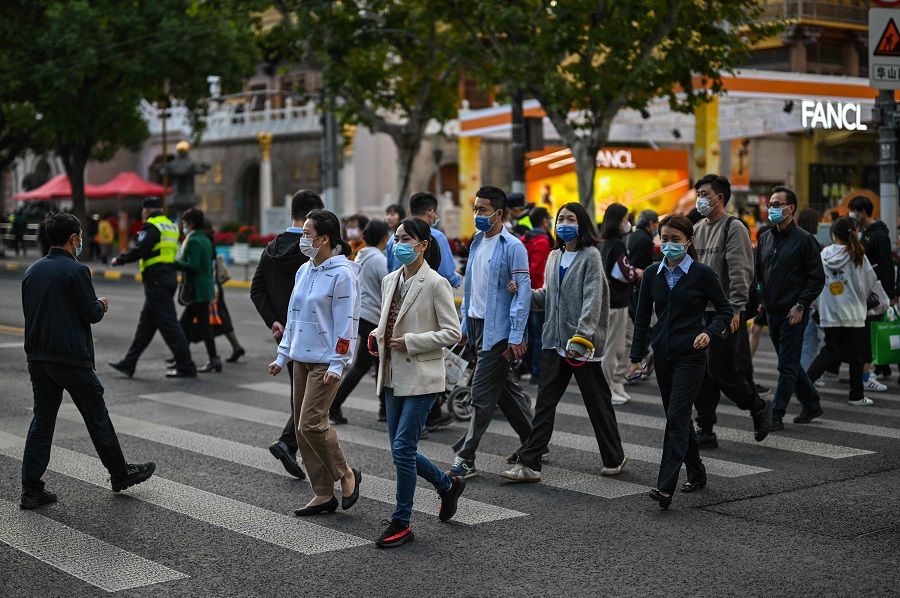
Standing in the present and looking at the long journey ahead, China is basically entering uncharted territory. No one in any country can provide China with ready-made experiences and no one can guarantee that any decision made will be correct now and in the future. What can we do then? We can only learn as we explore and change as we summarise our lessons learnt to continually deepen our understanding and grasp the patterns.
In this context, historical experiences such as putting the people first, becoming self-confident and self-reliant, innovating on the basis of what has worked in the past, being problem-oriented, having a systemic concept and a global vision... come alive and shine brightly, guiding the team marching forward. Thereafter, the party and the state will be able to take the right path that has been verified by history, treading on thin ice each step of the way, recalibrating and adjusting approaches along the way, and making confident, introspective and courageous strides forward.
I think that there could be less overly idealistic expectations, and more pragmatic and realistic thinking.
How should we think about China, this massive, complex, multifaceted, ancient, young, rich and progressive country? No one has the answer to this unanswerable question. I think that there could be less overly idealistic expectations, and more pragmatic and realistic thinking. Because there is never a perfect decision - if there really is one community that thinks that everything is perfect, it must imply that things are very unfair for many other communities. Perhaps there could be less instantaneous and simple evaluations, and more extensive and deep reflections. Because even in personal stories, judging a policy's success or failure in this way is ignoring the complexities of decision-making and the diversity of the audience. There could be more empathy and patience, and less demand for perfection and impatience. There is already a huge difference between acting on your own and working together with your family, let alone moving forward together with hundreds and millions of families.
A better future
Lee's article brought up a series of thought-provoking questions: "So, does that mean we cannot just fixate on a certain point in time?" Yes, we should collectively consider time, space, and direction... "Will this year be a turning point... Or will current sentiment be short-lived as well?" Yes, the three years of massive changes and the emotional roller coasters we have been through, whether they are happy and sad or a mixture of feelings, have all returned to a state of calm and enriched us, telling us that being emotional does not help the situation and that we can only face challenges head on and move forward boldly.
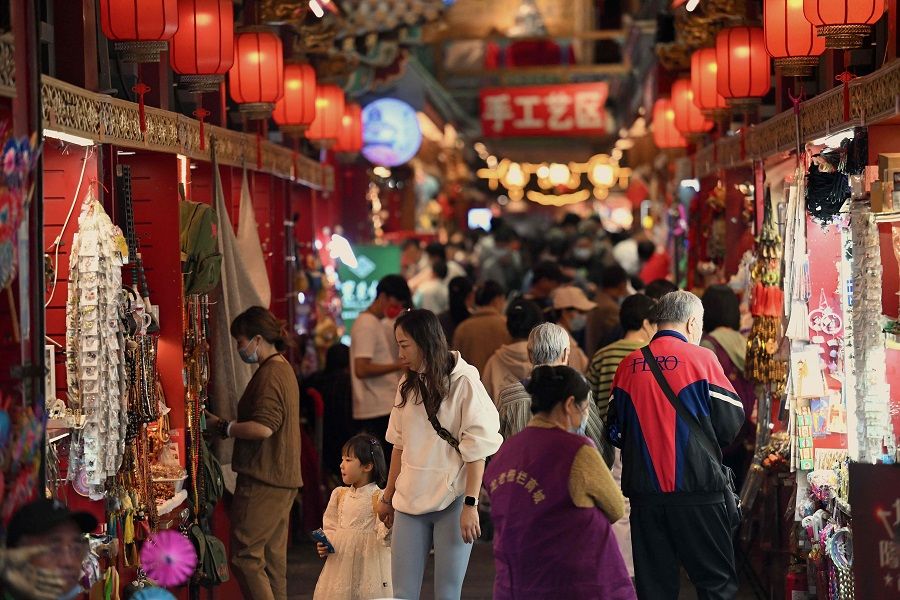
If China accomplishes its goals as planned by 2035, "what kind of world would that be?" This question again put a smile on my face. Is this the modern equivalent of Chinese philosopher Liang Shuming's famous question: "Will the world be a better place?" I think that the world will definitely be a better place. Because China, Singapore and the whole region would have stepped into a better life and the world would be a big step closer to the goal of lasting peace, universal security, common prosperity, openness and inclusiveness, cleanliness and beauty that we strive towards. It is worth every ounce of effort to work together so that this day will come as soon as possible.
This article was first published in Lianhe Zaobao as "不妨这样思考她".
Related: What to think about when you think about China under Covid | Exclusive interview with new Chinese ambassador to Singapore: Six dimensions of China-Singapore relations | China eases pandemic rules but people are worried | Can China connect to the outside world amid zero-Covid? | No end to China's zero-Covid in the short term | CCP new leadership team's big task: Build market confidence amid zero-Covid
